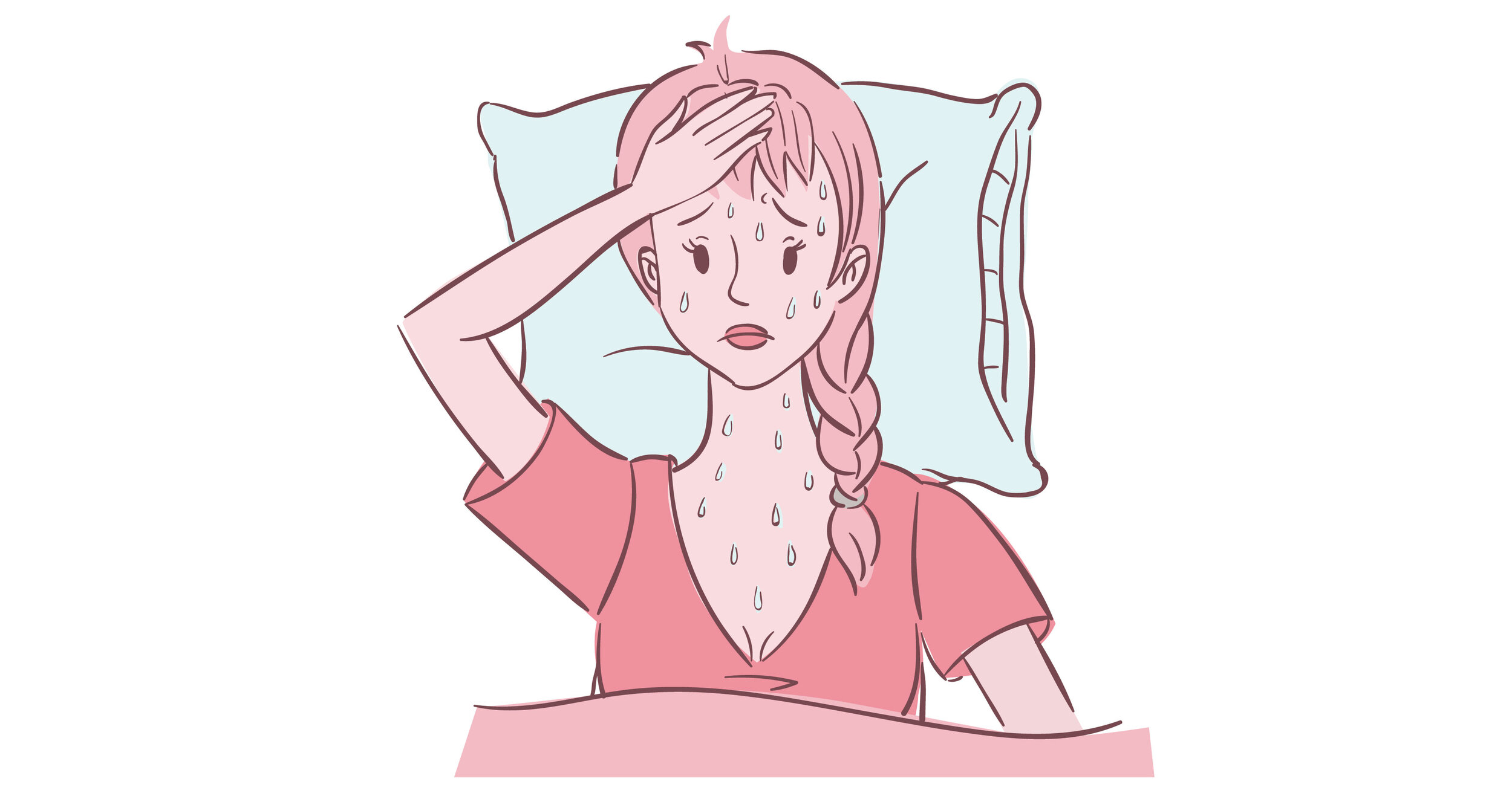4 Common Causes of Night Sweats
If you frequently find yourself waking up drenched in perspiration, you are not alone. It is also likely that you suffer from night sweats. Also known as sleep hyperhidrosis, this condition involves repeated episodes of extreme sweating that can leave your sheets drenched in the middle of the night. However, night sweats are not to be confused with occasionally waking up sweaty due to sleeping under heavy blankets or in a room where the temperature is just too high.
Beyond being completely uncomfortable, night sweats interfere with our sleep routines.
Here are 4 common causes of night sweats that you should be aware of:
Medication
Certain medications are known to be associated with night sweats. For example, patients taking antidepressants may experience night sweats. Medicines taken to lower fevers such as aspirin may also - ironically - cause sweating. If you experience night sweats for longer than a few weeks, you may want to talk to your doctor about adjusting your medication.
Infection
Many infections can cause a fever, which can of course lead to night sweats. These infections could include but are not limited to tuberculosis, bacterial infections, and human immunodeficiency virus (HIV). If you experience night sweats over several weeks along with other under-the-weather feelings, talk with your doctor to rule out the possibility of infection.
Hormone Disorders
Hormone conditions like hyperthyroidism can lead to night sweats. Why? The hypothalamus is the part of your brain responsible for regulating temperature; it is also responsible for releasing and inhibiting hormones. If your hormones are imbalanced, it may also be a sign that the hypothalamus is having trouble regulating body temperature as well, leading to night sweats.
Menopause
For women, night sweats are one of the clearest and most common signs that menopause is occurring. During this time, a decrease in estrogen leads to an imbalance in hormones, triggering hot flashes and night sweats. Keeping the bedroom cool and well-ventilated can help decrease the occurrence of night sweats during menopause, as can avoiding alcohol and using hormone replacement therapy.

